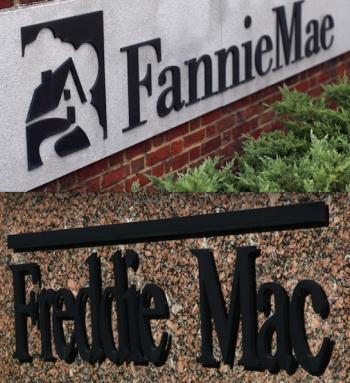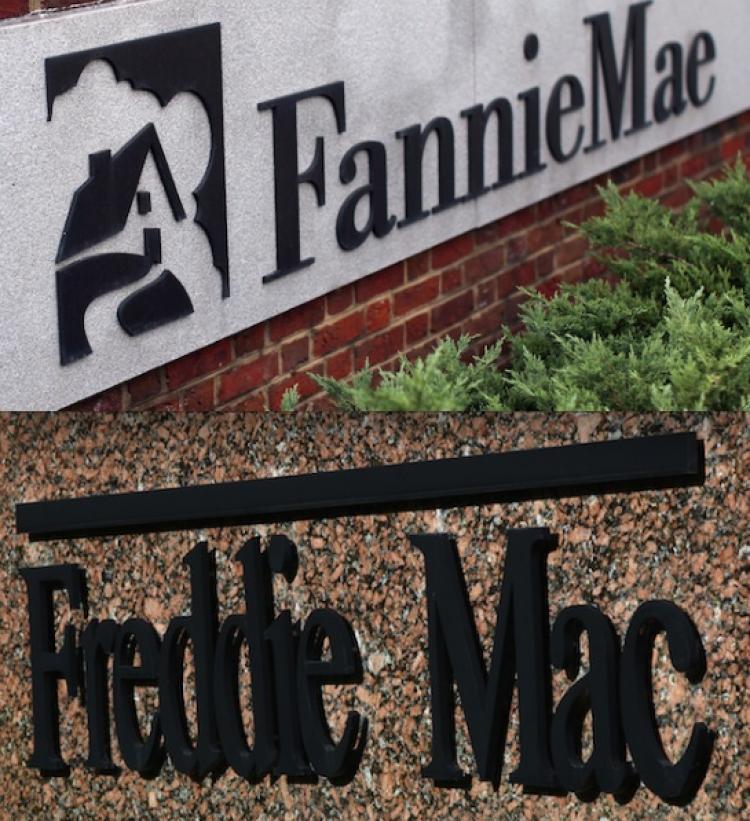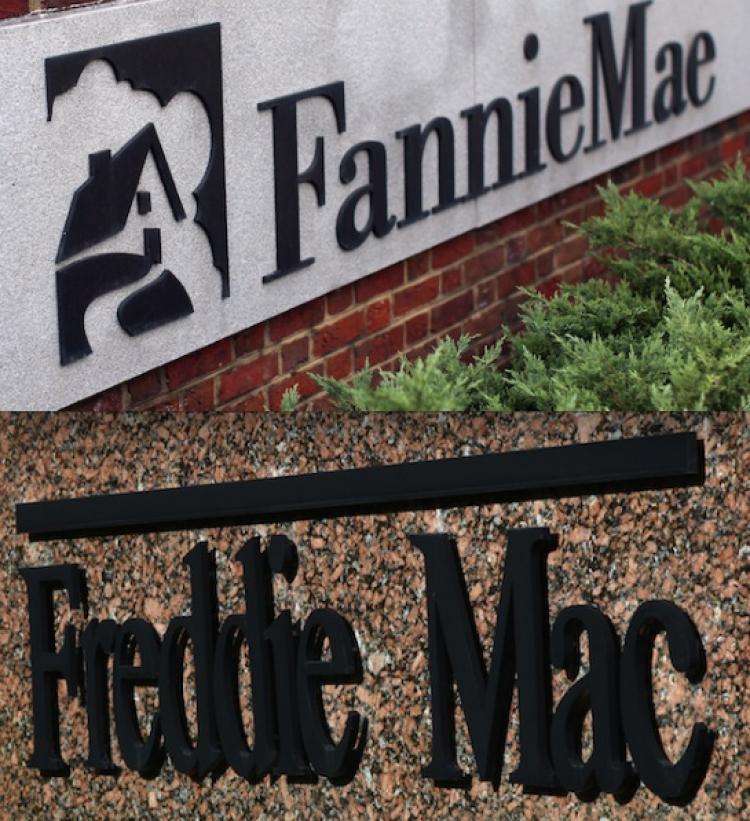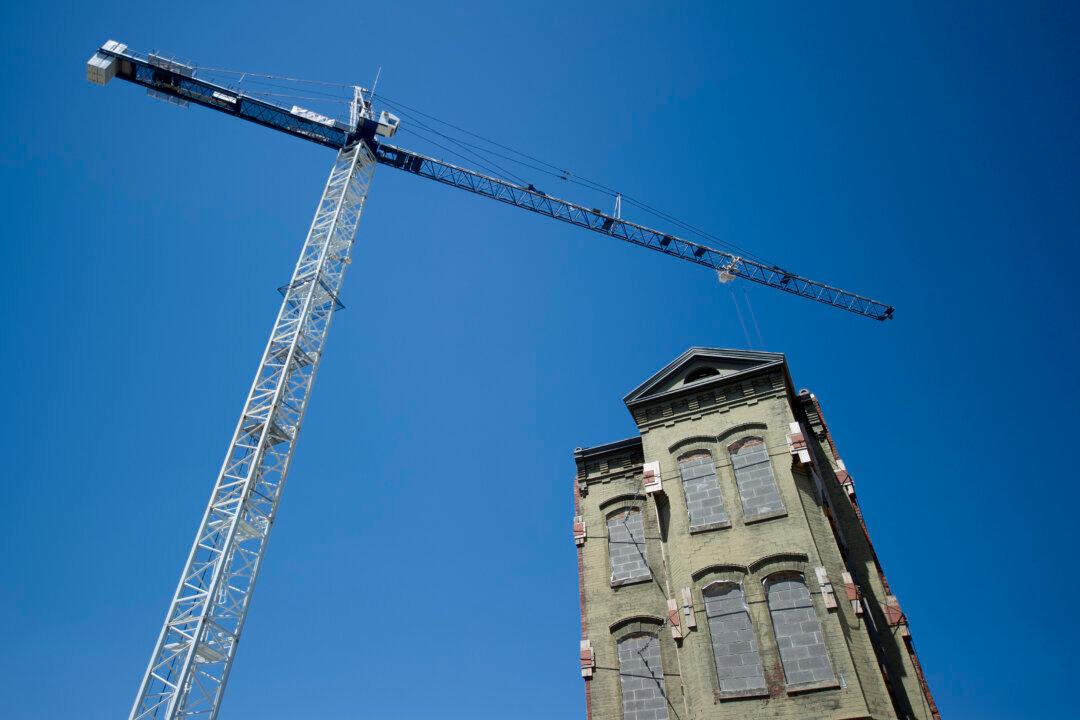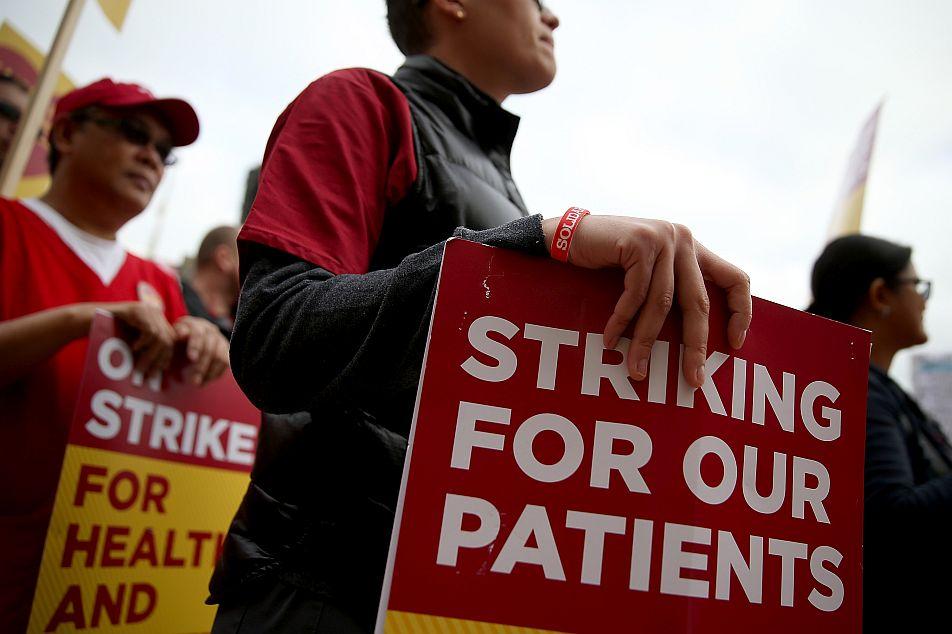U.S. mortgage finance giants Fannie Mae and Freddie Mac, two symbols of the recent mortgage crisis, may be nearing their end.
Those firms may be shut down or sold off in 2011 or 2012 if the Republican-controlled House of Representatives gets its way, predicted Larry McDonald, former Lehman executive, during a visit to Australia, according to media reports.
A number of Republicans, including Rep. Scott Garrett, R-N.J., fear that Fannie Mae and Freddie Mac would cost the U.S. taxpayer at least another $73 billion to prop up, bringing their total bailout funding to $215 billion.
“Almost everyone agrees we’re going to do away with Fannie and Freddie. ... The issue becomes, what do you replace it with?” said Steve Bartlett, president and CEO of The Financial Services Roundtable, according to Dallas News.
The federal government’s willingness to throw more and more taxpayer funds into those two firms’ coffers is on the minds of many experts. They suggest that this has grown into an untenable position and can’t be sustained in the long run.
“And yet, the federal government continues to prop them up with one blank check after another. No matter what the final cost, the bailout of Fannie and Freddie will be by far the most expensive component of the federal government’s intervention into the financial system,” said Garrett in an October statement.
Fannie, Freddie Critics
Garrett accused the two mammoth mortgage companies of being the major cause of the financial crisis. He proposed that the two companies be overhauled, but did not say outright that the companies should cease to exist, privatize, or reduce in size.Lawmakers have addressed the Fannie Mae and Freddie Mac issue in opening statements at subcommittee meetings and in press releases, but few ideas have surfaced regarding their replacement.
“Fannie and Freddie have not been reformed. They are being used essentially as experimental guinea pigs for the administration’s home modifications programs,” Garrett said in an opening statement during a September House Financial Services Capital Markets, Insurance, and Government Sponsored Enterprises Subcommittee meeting.
Rep. Jeb Hensarling, R-Texas, also wants to end all corporate bailouts and see Fannie Mae and Freddie Mac put on the block.
Hensarling is the author of the sole bill in Congress (H.R. 4889) that calls for stopping any further bailout of the two mortgage companies and for both companies to close. So far, there are 21 co-sponsors, all Republicans.
The bill’s summary states that it sets up “a deadline and procedures for the wind down of operations and dissolution of an enterprise.”
At this time, the bill is stuck in the House Committee on Financial Services and any action does not appear to be forthcoming.
Continued on next page...
“This bill [H.R. 4889] is in the first step in the legislative process. Introduced bills and resolutions first go to committees that deliberate, investigate, and revise them before they go to general debate. The majority of bills and resolutions never make it out of committee,” according to the GovTrack website.
Sen. John McCain, R-Ariz., introduced in 2010 an amendment to the financial regulatory reform bill that would have called for reforming Fannie Mae and Freddie Mac. Republicans voted for it and Democrats against it, and the amendment was defeated with a margin of 57-42.
“Fannie Mae and Freddie Mac are synonymous with mismanagement and waste and have become the face of ‘too big to fail.’ The time has come to end Fannie Mae and Freddie Mac’s taxpayer-backed slush fund and require them to operate on a level playing field,” McCain said.
Pouring in Taxpayers’ Money
At a basic level, Fannie Mae and Freddie Mac’s income solely relies on housing prices and associated mortgages. There is no built-in cushion due to diversification into other earning sectors. Should the housing market take another hit, people continue to lose their jobs, and defaults on mortgages continue, both mortgage firms will draw closer to extinction, without being able to pay back what they owe.Two months ago, the Federal Housing Finance Agency (FHFA), which oversees Freddie Mac and Fannie Mae, announced that the bailout of the two firms has cost the taxpayer $148 billion so far. Based on various assumptions and Moody’s price predictions as to what may or may not materialize, FHFA’s best guess is that the firms will need at least another $73 billion to $115 billion to stay afloat.
It isn’t that many experts don’t agree with dismantling the two mammoth firms. But abandoning the two mortgage firms is going to be a nightmare, even more so than pumping more taxpayers’ funds into them, which may never be recovered.
“Recent data tells us that the housing recovery remains too fragile and feeble for the government to abandon Fannie and Freddie anytime soon. They have no choice,” according to an article on the Property Manager website.
Fannie Mae’s latest third-quarter 2010 financial results show a staggering net loss of $1.3 billion, an increase of almost 8 percent over the prior 2010 quarter.
Freddie Mac reported a net loss of $2.5 billion in its third-quarter 2010 financial statements.
On behalf of Freddie Mac, “to eliminate the deficit, FHFA will submit a $100 million draw request to Treasury,” so they can stay afloat, according to Freddie Mac.
